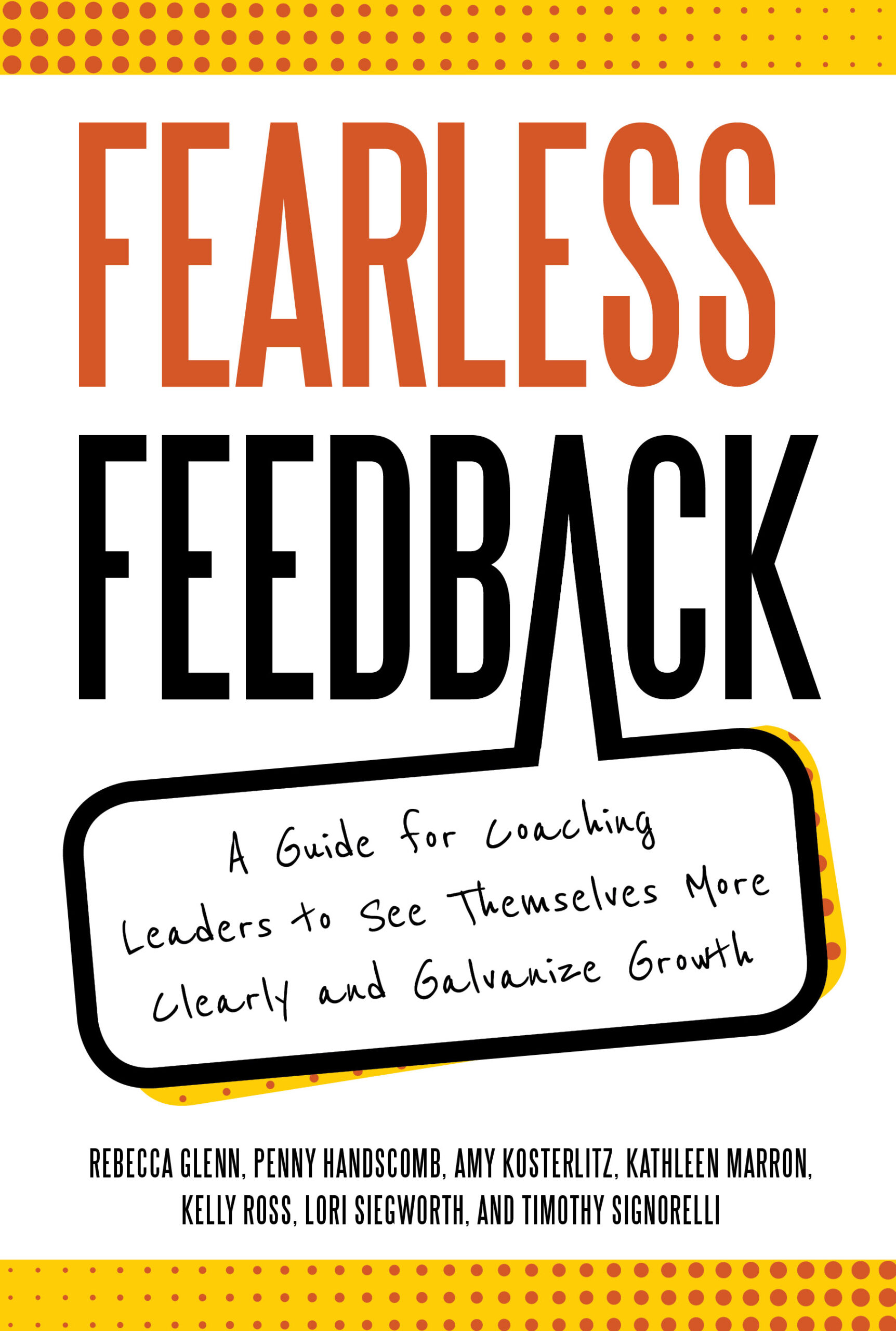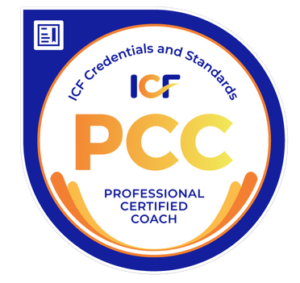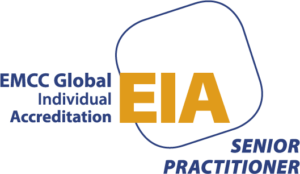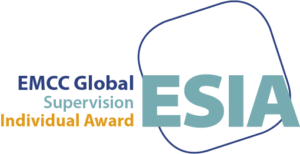What is coaching?
There are many definitions of coaching. My favorite is inspired by Jenny Rogers in her book, Coaching Skills – A Handbook: “Coaching is a partnership of equals whose aim is to work the client’s agenda with the goal of closing the gap between potential and performance.”
Coaching is:
- A partnership between you (client) and me (coach) and assumes you are resourceful and capable,
- Solution-focused and goal oriented, rather than a deep-dive into your past, and
- About asking you good questions and using a proven methodology to elicit your self-discovery, rather than me giving advice.
Coaching is not counseling, therapy, training or mentoring.
How do you pick a coach?
As you consider working with a coach and wonder who is the right partner for you, I recommend asking yourself these questions:
- Is it important for your coach to have similar work or life experiences as you?
- Do you have a gender preference?
- Do you want to work in-person or virtually (phone or Skype)?
- How much structure is important for your coach to bring to the process?
- How do you like to receive feedback and be held accountable?
- Will you need a coach who brings “tough love” or more “gentle” support?
- Would you value a coach who uses humor to lighten the mood?
- Do you need someone to challenge you? Be a thought partner if you find yourself in a lonely leadership position? Help you think out loud?
- Is knowledge and experience working with personality types, organization development, behavior change and leadership helpful?
What would make me a good coach for you?
I am a trained (Hudson Institute) and certified coach (International Coach Federation, Professional Certified Coach). I’ve worked with executive clients in multi-national corporations, managers, leaders and individuals looking to make a transition professionally. My coaching is informed by my studies in personality theory, behavior change and cognitive science, leadership, culture and organizational development. I am comfortable coaching in person, by phone, and via Skype. If my background meets your basic expectations, the next step is to evaluate whether my coaching style is well matched to your learning style. A good “fit” between client and coach is critical to having a successful coaching engagement. Click here to learn more about me and contact me to schedule a free consultation.
 |
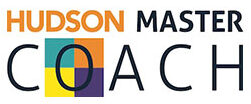 |
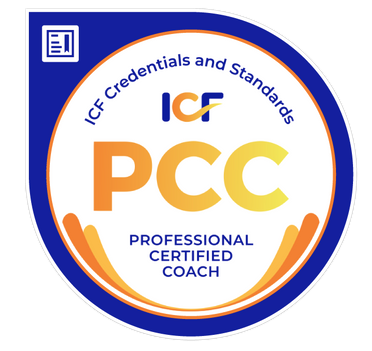 |
 |
What is a typical coaching engagement like?
After we agree we are a coaching “fit,” we will agree on the number of coaching sessions, frequency, price and you will sign a simple contract. If we haven’t already, we will get clear on the coaching goal(s) during our first session. Most coaching has an element of behavior change that you are trying to make; we will spend time getting clear on what you want to be different, what success looks like, and what barriers are making it difficult to make the change.
How can technology support a coaching engagement?
Each coaching client has a secure, personalized web page where we track our progress and conversations and keep in touch between sessions. Many find it helpful to have a single place where we track our work together. Check out Samepage.
Will we use an assessment?
In many cases we begin our engagement with one or more personality assessments. I am certified in a number of assessments so that I can customize each coaching engagement. You can read more about my view on assessments and more about where specific assessments are helpful here.
What are some examples of coaching engagements?
Every coaching engagement is unique and customized to the client’s needs. Here are a few examples of my coaching engagements:
